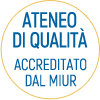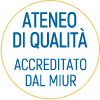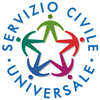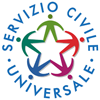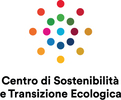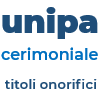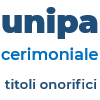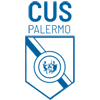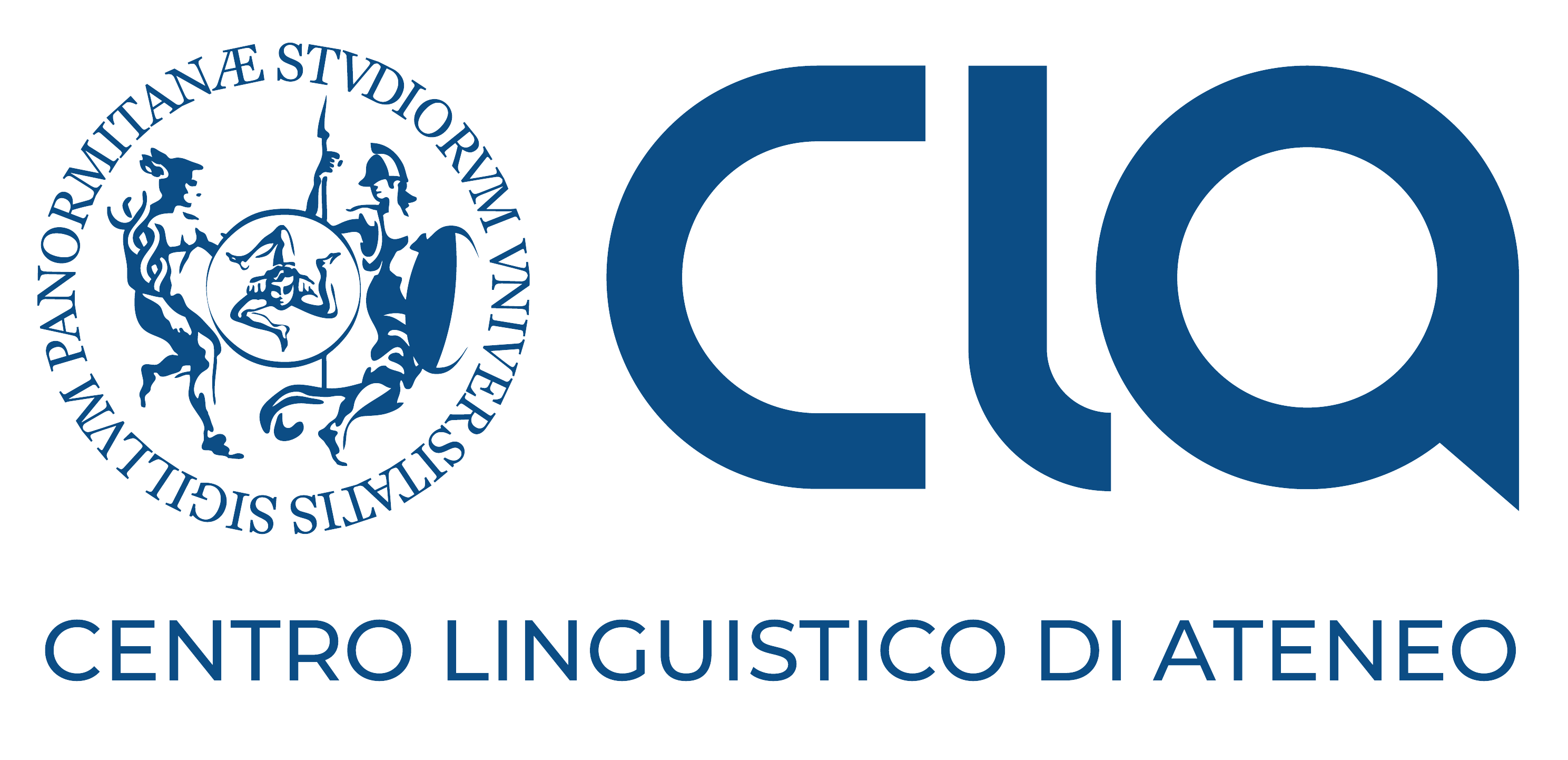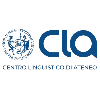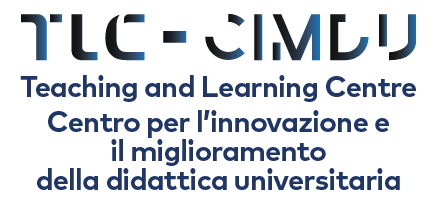Chemical Sciences Curriculum
Introduction
The Chemistry of the University of Palermo has a long tradition (the teaching of Chemistry in Palermo in fact begins in 1787) and ranks important scientists as Cannizzaro, Paternò and Oddo. Over the years, it has grown while maintaining a standard of excellence in science and culture.
The research themes of the Curriculum in Chemical Sciences are those carried out by the professors and researchers of the SSD of Analytical Chemistry (CHIM/01), Physical Chemistry (CHIM/02) General and Inorganic Chemistry (CHIM/03), Environmental Chemistry and Cultural Heritage (CHIM/12) and Organic Chemistry (CHIM/06). The PhD program will also take advantage of the collaboration with institutions and organizations of national and international research in the context of agreements already entered into by the University of Palermo and others that may be activated in view of an ever-increasing development of chemical research in all its aspects . This aggregation has over the years showed significant synergistic effects especially with regard to inter-departmental collaboration, the completeness, the scientific importance and breadth of research carried out. The issues faced by researchers of the departments involved are numerous, current and highly relevant training on topics of broad theoretical interest, technological, environmental and biomedical fields.
In the past few years has contributed to the research of the PhD in Chemical Sciences, the Institute of Nanostructured Materials of the National Research Council of Palermo (ISMN-CNR).
State of the art
The curriculum in chemical sciences is the natural continuation of the PhD in Chemical Sciences. In years past, this PhD has always been at the forefront in the evaluation of the University and, in the last cycle, it was rated as the best PhD of the University for the scientific-technological section. The curriculum in Chemistry is also the third stage of the preparation of chemicals (LT, LM, PhD) developed within the Department STEBICEF. The research carried out in the curriculum are widely documented with reference to the state of international research as evidenced by the scientific production of the members of the Board.
Research topics
The research carried out in the curriculum are widely documented with reference to the state of international research as evidenced by the scientific production of the members of the Board:
- Preparation and characterization of nanoparticles and polymer nanocomposites.
- Isolation and structural elucidation of natural products
- Organic and Environmental Photochemistry and Photocatalysis
- Synthesis and applications of new organic materials
- Structural and dynamic properties of supramolecular aggregates
- Synthesis of metal complexes and study of their interaction with DNA.
- Creation or optimization of analytical methods on trace substances in different matrices (environmental, food, industrial, cultural heritage, etc.)
International collaborations
The curriculum in Chemical Sciences uses international collaborations, such as with the University of Namur (Belgium). With this institution is an ongoing scholarship co-funded and co-supervisioned. That said, the educational objectives of the curriculum in Chemical Sciences will be achieved through the preparation of researchers who know how to use the techniques of synthetic chemistry is to design and synthesize new classes of materials and study their properties and to synthesize new compounds for applications in biology. The term material is used here in the sense of extension, meaning substances which have both structural and functional properties that can perform tasks set.
Occupational outlets
The professional opportunities for PhD graduated with the curriculum in Chemical Sciences are mostly concerning placement in either private (industry, spin-off enterprises, etc) and public (Universities, research Institutions, etc.) research laboratories. The professional placement usually begins with post-doctoral training and is followed by assumption of managerial or responsibility roles including the conduction of research projects as principal investigators or the coordination of research groups in Italian and Foreign institutions.




